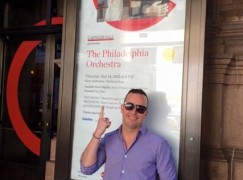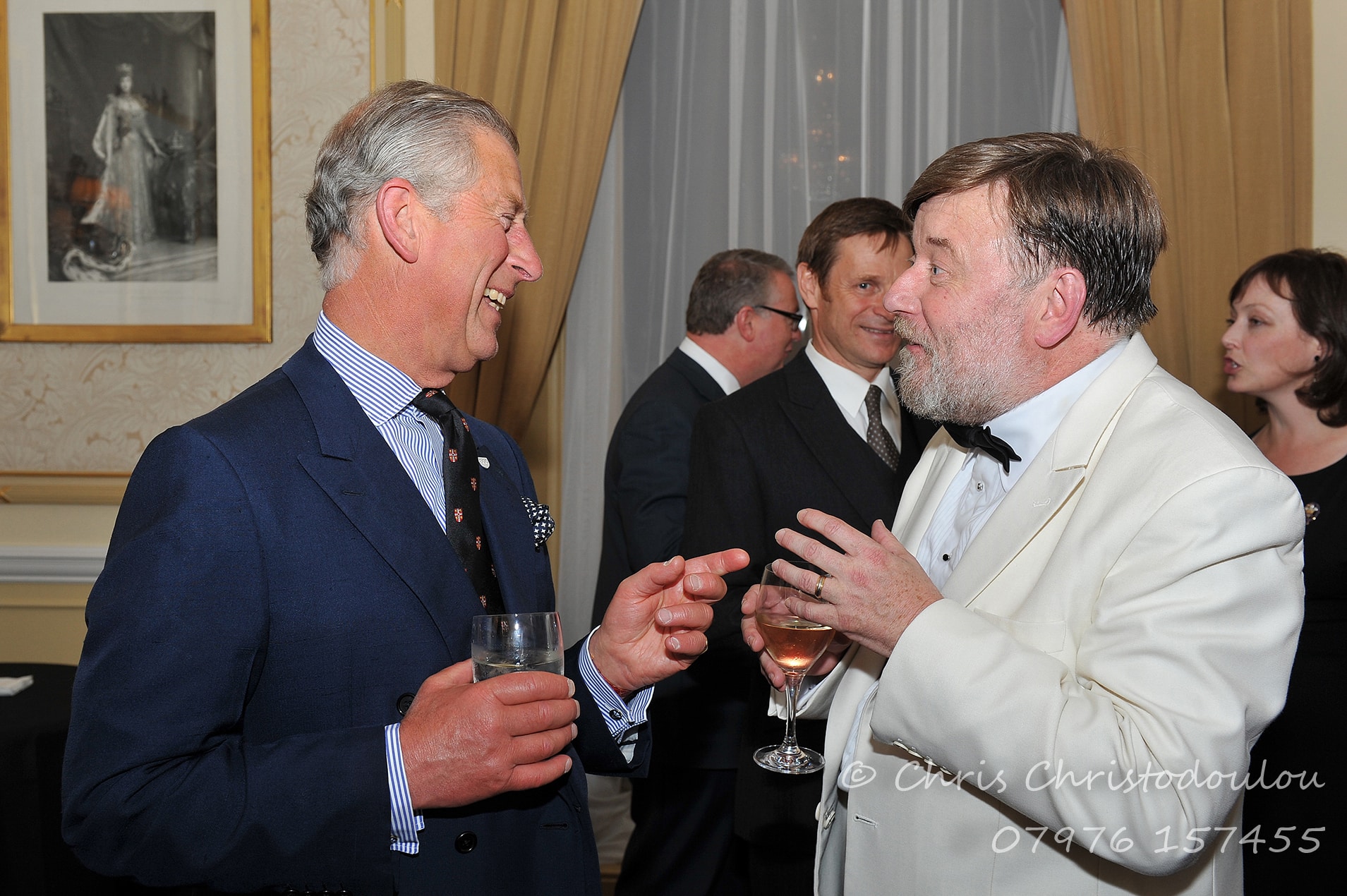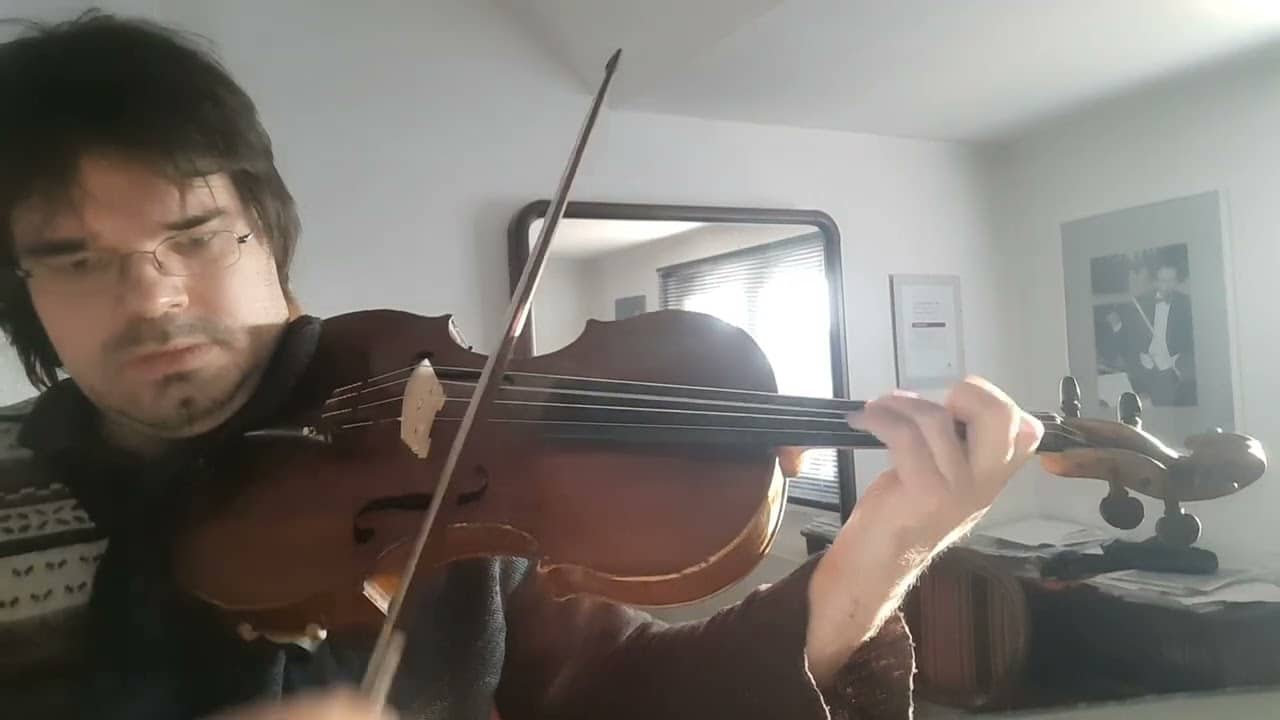New York has two resident orchestras
NewsThere’s the New York Philharmonic at Lincoln Center, as you’d expect.
But across the avenue there’s an unofficial occupancy at Carnegie Hall.
The Philadelphia Orchestra with Yannick Nézet-Séguin is resident in all but name, opening the season, top-billing the galas and effectively establishing itself as the other go-to in Manhattan.
Latest PR:
Carnegie Hall celebrates the start of its 2022–2023 season with an Opening Night Gala concert on Thursday, September 29 at 7:00 p.m. featuring The Philadelphia Orchestra conducted by Music Director Yannick Nézet-Séguin. Acclaimed pianist Daniil Trifonov is the soloist for this special evening, performing Liszt’s Piano Concerto No. 1. Also on the program is Ravel’s La valse, Gabriela Lena Frank’s “Chasqui” from Leyendas: An Andean Walkabout, and Dvořák’s Symphony No. 8 rounding out the festive evening.
This Opening Night performance will be heard live by listeners around the world, launching the twelfth annual Carnegie Hall Live broadcast and digital series. Produced by WQXR and Carnegie Hall and co-hosted by WQXR’s Jeff Spurgeon, the concert will be broadcast on WQXR 105.9 FM in New York and streamed online






Philadelphia has a very long history of presenting a mini-season’s worth of concerts in NY. They used to go with multiple conductors other than the MD (Tennstedt, Rattle et al.) but that stopped under Yannick
Yannick’s presence is part of the reason. It’s also because their lineup of guest conductors is a shadow of what it used to be.
Indeed, who at Carnegie Hall is so besotted with young Yannick? Inquiring minds want to know.
Well, you see, it goes like this. The “young Yannick” comes with an old and major institution that has had a long history of performing in Carnegie Hall (including Mahler 8, immediately after its American premiere in Philly in 1911 under L. Stokowski). That institution is called the Philadelphia Orchestra. For better or for worse (I think better), the two come together as a package.
It must be the endearing tendency to lift the finger, as pictured charmingly above, and start lecturing to the audience about issues.
After all, he knows it all.
Yannick Nézet-Séguin is even more entertaining a figure than he thinks.
When it comes to music, let`s just say none of the living conductors can hold a candle to those, who are not.
He’s pointing at the sign. Nothing more.
Does the Met Opera orchestra not count?
The Met would do better to put together solid casts of singers that would encourage its audience to not think about the orchestra so much. My understanding is that opera is supposed to mostly about what’s happening on the stage.
Nothing happens on the opera stage without the happenings in the pit.
You can stop commenting on this page now as you’ve just lost all credibility.
It’s common knowledge in the industry that regularly performing opera repertoire is one of the core contributors to building a top tier ensemble. The Vienna Philharmonic, Leipzig Gewandhaus Orchestra, and Staatskapelle Dresden would be a few examples of this.
The MET orchestra is widely acknowledged as one of if not the best American orchestra. (At least it was, pre-pandemic.)
The point has nothing to do with whether the Met orchestra is or isn’t a great orchestra. Of course it is! The point is that the Met orchestra isn’t a
‘symphony orchestra’ in the sense of performing a full season of symphony orchestra programming. They accompany operas. The orchestras in Vienna, Leipzig and Dresden do both. They also carru A-team and B-team players to cover all the bases. Granted, it was more than nice that James Levine recorded symphonic literature with the Met Orchestra. They did a fine job of it, too. But that bus isn’t likely come around again in the near future. The problem with grand opera, in general – whether we’re discussing The Met or anywhere else – has more to do with the lack of consistently good casts, and with viewers having to deal with absurd modernist productions (granted, that part is not a problem so much at The Met). And as far as my “credibility” goes, I don’t harbor even the slightest interest in carrying ‘street cred’ at SD. I say what I think is correct. Sooooo, to go back to the original question asked by Stephen Gould, “does the Met orchestra not count?”, my point has nothing to do with the quality of the players in the pit. Again, OF COURSE they are very good players.
The Philadelphia and Maestro Nézet-Séguin are touring, and even taking up residencies, in New York. Chicago and the Bill Clinton of classical music are touring Iowa and Oklahoma in January – though the Okies don’t seem keen on offering a residency yet. See the difference?
Incidentally, speaking of Chicago. Who is going to fix their ghastly brawl in the french horns section? Who is going to announce it? Do they seriously believe that people won’t notice once concerts resume?
Chicago, at least in this matter, come clean!
Expound, please. Inquiring minds want to know.
I just can’t picture any of the horn players physically brawling.
(otoh, I can picture the entire trumpet section brawling, lol)
I hope they are doing this shuttling by low-carbon-footprint train and not by those wasteful jetpacks the other orchestras use.
Your hope is fulfilled. Philadelphia does travel by train to New York. It’s a 75-90 minute train journey between the two cities, and the PO do it as a run-out, making the endeavour extremely cost effective for both parties.
Indeed, it would take longer to fly than to take the train, because the process of getting to and from the airport and on and off the plane, leaving aside the 30 minutes or so in the air, would take longer than the train trip.
As I remember, they were doing the ‘train thing’ back in pre-Amtrak (the 1930s) days when Stokowski was their head. They had a publicity shot of their train leaving from the now non-existent Broad Street Station.
Be careful crossing that avenue. Lincoln Center is at the confluence of 9th Ave, Broadway, and West 65th St, while Carnegie Hall is at the corner of 7th Ave and West 57th St. You can walk that (7 tenths of a mile), but you have to dodge around a few things, including Central Park.
On the joke about getting to Carnegie Hall, I once read a biography of a famous New Yorker, published by a major press, that located it on 6th Avenue.
If I were an orchestra member, I’d be careful walking around the streets of New York City with a valuable instrument.
https://abc7ny.com/rolex-theft-robbery-moped/12175498/
Even without a valuable instrument, you are a potential target in New York, if you have a pulse.
That’s why billionaires are increasingly having their shortbreads elsewhere.
But the prices are going down in New York, you can even rent a studio apartment with one million a month. What’s not to like?
Nice to have a more refined sounding orchestra in the city for a change…..
We need better conductors on the East Coast…
It’s pretty common for Carnegie to open its season with an orchestra doing a little residency. So this year it’s Philly, which also visits a couple times a year. Nothing new here other than that they’re getting the opening-week gig.
Looking forward to hearing them twice next week with Yannick at the unpretentious BBC Proms in London. Lovely programmes being presented too, and some unknown American music to some of us included, like Price’s 1st Symphony and Valerie Coleman. Everyone knows the Barber but a treat to be sung by Angel Blue. Been a fine festival this year and travelled 400 miles round trip x 3 to hear 11 concerts, all for total of £140, so completely affordable and fun.
Two “resident” symphony orchestras in NYC, Budapest has 6 and all are truly in the city. Size of NYC about 6 times larger than New York…..